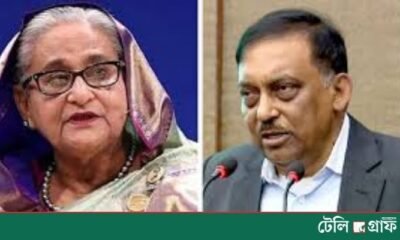Politics
The timing of the referendum’s not the main crisis- Nahid Islam
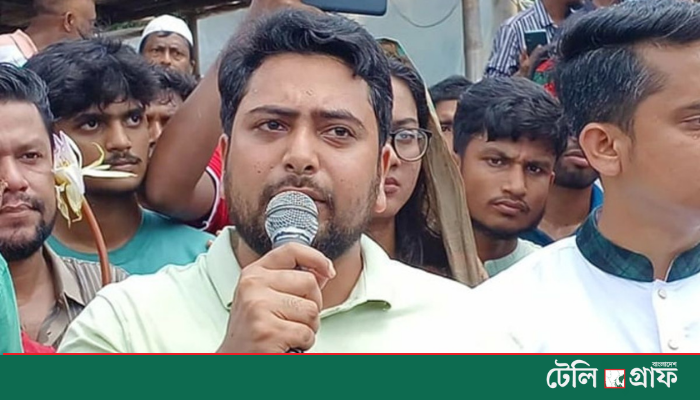
The timing of the referendum—whether before or after the national election—is not the main crisis, said Nahid Islam, convener of the National Citizens Party (NCP). However, he insisted that the “July Charter” must be issued to Dr Yunus, warning that if President Shahabuddin signs it, it would be “a nail in the coffin of reform.”
Speaking at a press conference at the NCP central office in Dhaka on Sunday afternoon, Nahid Islam alleged that “one group is trying to derail the reform process, while another wants to delay the election.” He stated that if the legal foundation of the July Charter is established, the referendum could even be held on election day.
He further noted that no alliance is possible with parties opposing reform. Criticizing the government, he claimed that repeated text changes were made under pressure from a particular party.
Nahid added that the NCP supports the first draft of the Implementation Order, which stipulated that reform proposals would automatically be incorporated into the Constitution after 270 days. Any deviation from that, he warned, would prompt the party to reconsider its support.
The NCP leader also argued that making Sheikh Mujibur Rahman’s image constitutionally mandatory is unacceptable, saying, “Sheikh Mujib has been used as an icon of fascism.” He cautioned that if the draft version of the Implementation Order (Draft-1) is altered, the NCP may withdraw its support.
On the issue of election symbols, Nahid Islam accused the Election Commission of obstructing the new party’s activities. He said the decision on the ‘Shapla Koli’ (Water Lily Bud) symbol could have been made a month earlier. The NCP, he reaffirmed, wants the Shapla Koli as its electoral symbol.
Politics
Bangladesh Requests India to Return Death-Row Convicts Hasina and Kama

Bangladesh has officially sent a letter to India requesting the return of former Prime Minister Sheikh Hasina and former Home Minister Asaduzzaman Khan Kamal, both sentenced to death for crimes against humanity. Foreign Affairs Adviser Md. Touhid Hossain disclosed the development while speaking to reporters on Sunday.
He said the formal request was sent to New Delhi on Friday, seeking the repatriation of the two convicted individuals. On 17 November, the International Crimes Tribunal delivered its first verdict related to the July mass uprising, sentencing Sheikh Hasina to death on two charges and former minister Kamal on one charge.
The tribunal ruled that the charges brought against them had been proven. Former Inspector General of Police Chowdhury Abdullah Al-Mamun, who served as an approver, received a five-year prison sentence.
The verdict was handed down by a three-member bench of Tribunal-1, headed by Justice Md. Golam Mortuza Mojumdar, with Justice Md. Shofiul Alam Mahmood and Judge Mohitul Haque Enam Chowdhury as members. The ruling marks the first judgment in cases linked to crimes against humanity committed during the mass uprising.
Politics
Jamaat Leader Accused of Seizing Farmer’s Cows Over Alleged Dues

A local leader of Jamaat-e-Islami has been accused of forcibly taking two cows from a farmer in Dumki upazila of Patuakhali. The incident occurred on Friday evening, 21 November, in South Muradia village, according to the victim, farmer Abdul Barek Majumdar.
Locals reported that Jalil Pyada, the general secretary of Muradia Union Jamaat-e-Islami, took the cows from Barek’s house. The matter was later brought to the acting chairman of the union council, Hafizur Rahman Forkan, who held a meeting at Panchayet Bazar in the presence of former UP member Reza.
During the meeting, Jalil claimed that Barek’s son owed money to his brother and that the cows were taken to recover the outstanding amount. He also stated that a related case is ongoing in court.
Farmer Barek, however, said it was unjust to seize his property based on alleged dues involving his son. The acting chairman noted that although Jalil admitted taking the cows, he failed to present any evidence of the supposed debt.
Officer-in-Charge of Dumki Police Station, Zakir Hossain, said no formal complaint has been filed yet. He added that legal action would be taken if a complaint is lodged.
Politics
Parties Back Caretaker Government—But Only for the Future, Not Now
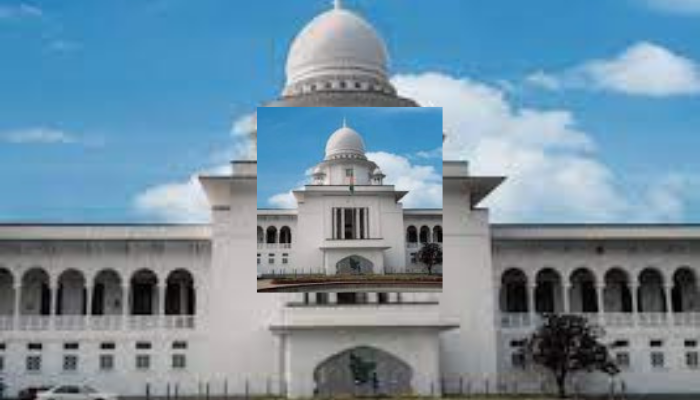
A recent Supreme Court verdict restoring Bangladesh’s caretaker government system has sparked renewed debate, as the upcoming national election will not be held under this arrangement. The ruling clarifies that the caretaker mechanism will apply only in future elections, potentially from the 14th parliamentary polls onward.
Political parties that long demanded the immediate reinstatement of the caretaker system—including the BNP and Jamaat-e-Islami—submitted review petitions seeking the arrangement only “prospectively.” Their revised stance has raised questions among analysts, who note that the court’s decision reflects the arguments presented by the petitioners themselves.
BNP lawyer Zainul Abedin argued that an interim government is already in place and preparations for the election have begun, making an immediate caretaker government impossible. He cited the 1991 election overseen by Justice Shahabuddin Ahmed as an example of a fair poll conducted under an informal interim setup.
Jamaat’s lawyer Shishir Monir said the court deliberately emphasized a prospective implementation to avoid political controversy about the current government’s tenure. Lawyer Sharif Bhuiyan echoed this, adding that without an active parliament, the legal process for forming a caretaker administration cannot proceed.
However, senior Supreme Court lawyer Manzil Morshed believes political parties have shifted from their earlier demands, which ultimately shaped the court’s reasoning.
Attorney General Asaduzzaman described the verdict as historic, stating that the restored caretaker system is now constitutionally valid and must be implemented within 15 days of the next parliament’s dissolution. He also remarked that the earlier judgment led by Justice Khairul Haque was flawed and may have violated penal code provisions.
He further clarified that this ruling cannot be reviewed again, and that it does not conflict with the ongoing case regarding the 15th amendment, which abolished the caretaker system in 2011.
-
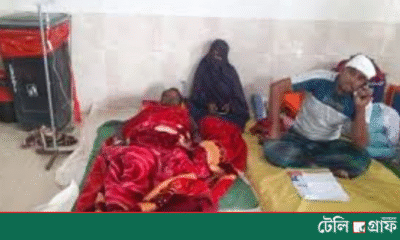
 People and Culture1 day ago
People and Culture1 day agoWedding Invitation Dispute Sparks Violent Clash in Jhenaidah; 10 Injured
-

 Economy1 day ago
Economy1 day agoGiant 32-kg Poa Fish Caught Near St Martin’s; Fisherman Demands Tk 600,000
-

 International17 hours ago
International17 hours ago24 Killed in Israeli Strikes Despite Gaza Ceasefire
-
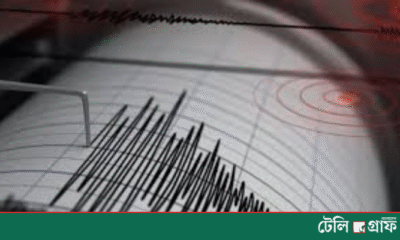
 People and Culture1 day ago
People and Culture1 day agoFive Dead as Strong Quake Jolts Bangladesh; Dhaka at Major Risk
-
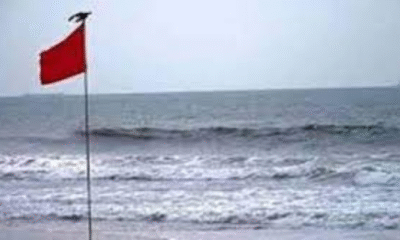
 Weather1 day ago
Weather1 day agoLow-Pressure Likely Over South Andaman Sea as Temperatures Set to Dip



